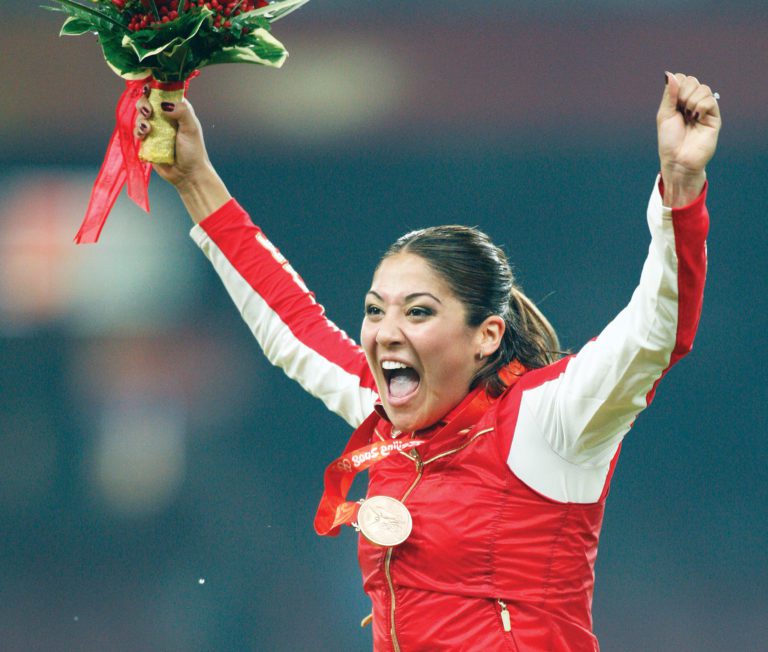What it takes to win an Olympic medal
Olympic medals result from an alchemical combination of talent, support and hard work — and success is never guaranteed. The crucial ingredient may be the ability to embrace years of sacrifice

With the Olympics set to begin on July 23, the rush is on to label anyone demonstrating competitive fortitude a medal contender. National record holders and medallists at international events such as the Pan American, Commonwealth and FISU Games are thrust into the spotlight in the sometimes unjustified belief that an Olympic medal is likely. If only it were that simple. There is an enormous gap between success at these events and an Olympic or World Championship podium finish. Let’s face it: Olympic medals are hard to come by, so we must salute those who overcome the odds. In the 17 IAAF (now World Athletics) world championships that have been held since Helsinki hosted the inaugural event in 1983, Canada has won 36 medals, for an average of 2.11 medals per championships. That includes a record eight medals at the 2015 worlds in Beijing, lowering the average from the remaining 16 meetings to fewer than two. The total number of medals won by Canadian track-and-field athletes at Olympic Games during the same period is 20, for an average of 2.22 medals per Olympics. The major shoe companies understand the challenge better than anybody, which is why they build medal bonuses into athlete contracts. Depending on the event – and with the Olympics being the ultimate objective – they might pay around us$200,000 for a gold medal, us$100,000 for silver and us$50,000 for bronze. Read the rest of the article, along with all magazines articles and other exclusive offers and content only available to members.This is a content preview from the Member's Area.


